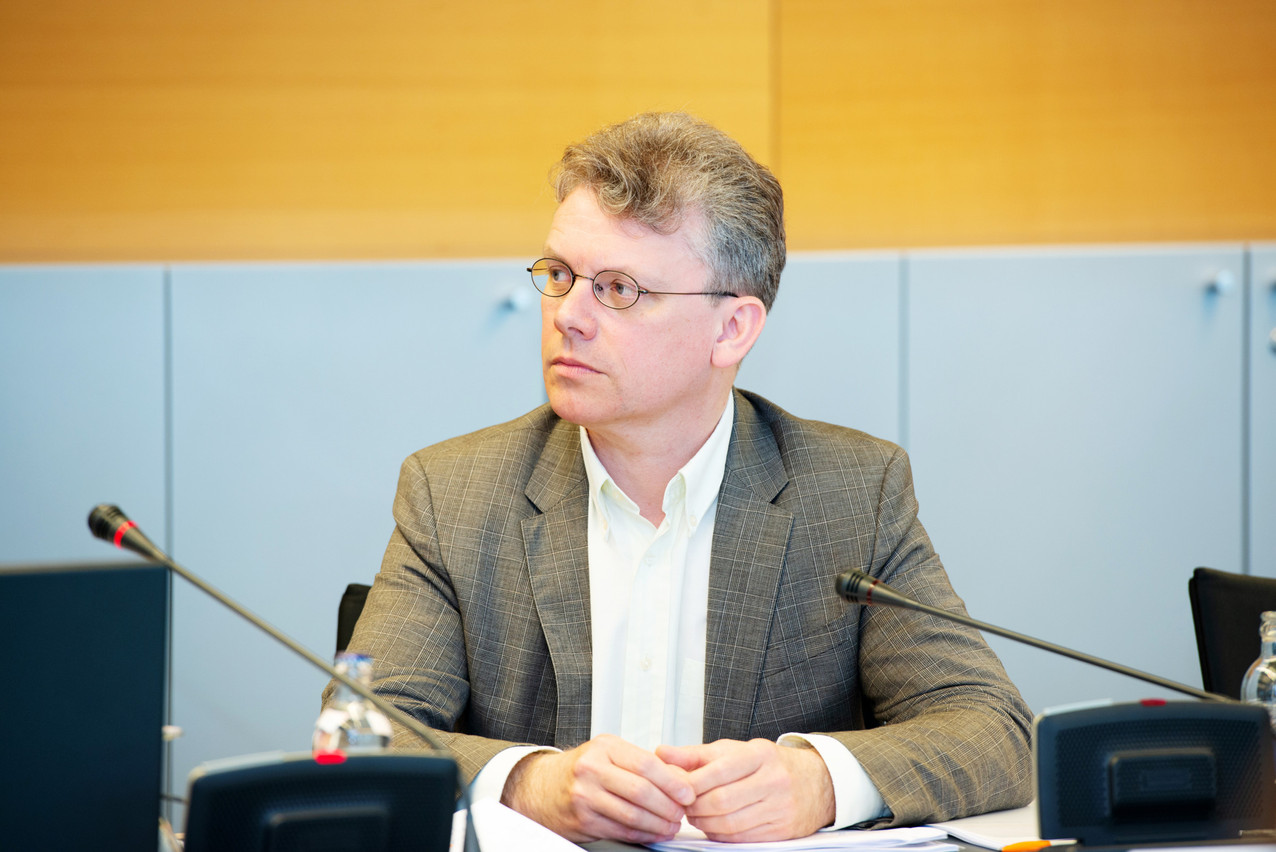The first finding of the Chamber of Commerce think tank is that the country has performed well economically and has held up better than expected. At the beginning of the health crisis, forecasts estimated a fall in GDP of around 6%. In the end, it was only 1.8%. And the draft state budget for next year announces a possible 6% growth for 2021.
Far from being seen as an austere budget, the Idea Foundation has nevertheless proposed nine amendments to complement the government's work.
Reducing inequalities for the most at-risk households
The first recommendation concerns a tax adjustment for single-parent families. More exposed to precariousness (with an at-risk-of-poverty rate of 40.3%, the highest in the country), this type of family represents 17% of households in the country. Suffering from a first tax inequality by being taxed in class 1a while a family is taxed in class 2, single-parent families can benefit from a single-parent tax credit (SPTC) on request since 2008, and revised in 2017. However, in addition to being income-tested, this tax credit decreases according to the amount of aid and allowances dedicated to children. The Idea Foundation therefore recommends the automatic allocation of this tax credit and above all an increase of 18% in order to follow the increase in prices since 2008. This amendment is likely to be to the liking of CSL President Nora Back, who also recently issued her opinion on the draft state budget.
The Idea Foundation then calls for regulatory flexibility and the extension of the special depreciation for climate investments by companies. The latter will be called upon to help Luxembourg achieve the ambitious objective of reducing greenhouse gas emissions by 55% by 2030. The think tank therefore suggests supplementing existing direct aid by adapting this amortisation mechanism to cover, for example, productive investments and the costs incurred in terms of personnel and training.
Read also
Another idea already discussed at length by the Idea Foundation is to redirect the surplus of household savings, currently €2bn, towards investment in companies. "In concrete terms, this measure could be inspired by the Belgian tax-shelter scale-up, the French IR PME, or the German 'Invest' scheme and consist of an income tax rebate set at between 25% and 30% of the amount invested in an eligible company, without the rebate in question exceeding a certain threshold, for example 20% of taxable income,” said the Idea Foundation's economists.
Reviewing the taxation of housing
In terms of housing, the Idea Foundation does not propose any innovation, but rather to use the tools already available to municipalities, such as the possibility of obliging owners of unoccupied buildings to declare them. All this while increasing the fines for violations.
Still in the housing sphere, the Idea Foundation recommends an increase in property tax, which in Luxembourg is very low. “Property tax currently only represents 0.05% of GDP, whereas it was still 0.3% of GDP in 1970. In the European Union, it amounts to 1.2% of GDP. This weakness of the property tax is mainly due to the fact that the unit value, which serves as a basis for its calculation, has only been revised on an ad hoc basis since 1941,” explains Muriel Bouchet, director of the think tank.
To remedy this, it is suggested that the British "bedroom tax" be used as a model, but adapted to Luxembourg. A tax that consists of taxing owners according to the under-occupation of the property. Or to define a maximum and minimum property tax, defined by the municipality, of the already existing (but little used) "B6" tax on building land for residential purposes. The last solution is the revaluation of unit values on the basis of the Canadian model known as “technical mass appraisal”. “In concrete terms, this would involve 'mathematically' determining the taxable base according to various observable characteristics such as surface area, number of bedrooms, availability of parking, etc. The underlying econometric model would be based on the principle of the 'mass appraisal technique'. The underlying econometric model would be recalibrated periodically, for example, every five years,” Bouchet emphasised.
Revaluing the State's contribution to the University
The Idea Foundation was surprised to note that the draft State budget only allocated €234.9m to the University of Luxembourg, i.e. an increase of 2% per year until 2025. “This goes against the stated ambition to focus on the knowledge economy and diversification, particularly in favour of a health ecosystem. An extension of medical studies by 2025 would already be an additional source of costs. Not to mention the 4th interdisciplinary pole to be created at the University according to the 12 October speech on the state of the nation,” Bouchet said. Especially since between 2014 and 2021 in the two previous budget proposals, the State's contribution to the University increased on average by 7.6% per year.
The Idea Foundation also made the same observation as the Court of Auditors, arguing for the creation of a disaster fund to build up reserves that can be mobilised quickly in the event of serious climatic events.
Finally, the think tank of the Chamber of Commerce stressed the need to create an infrastructure commission in order to better plan, in a transparent manner and even with the participation of the population, major infrastructure projects in the country.
This story was first published in French on . It has been translated and edited for Delano.
